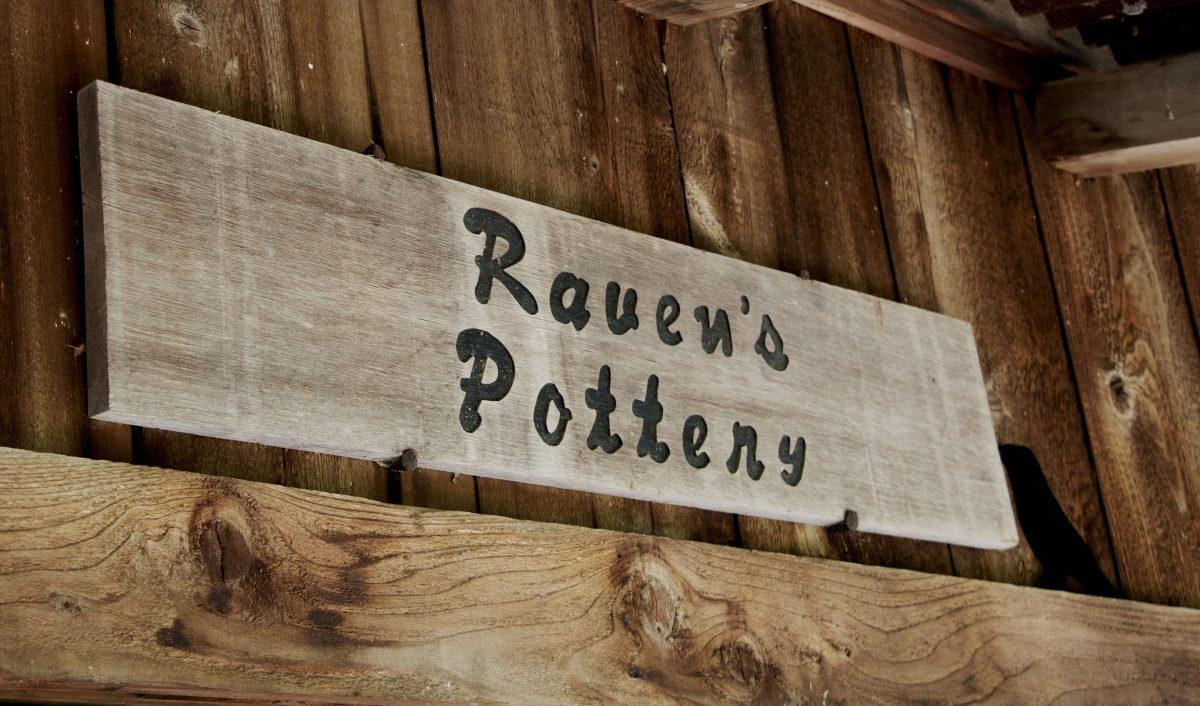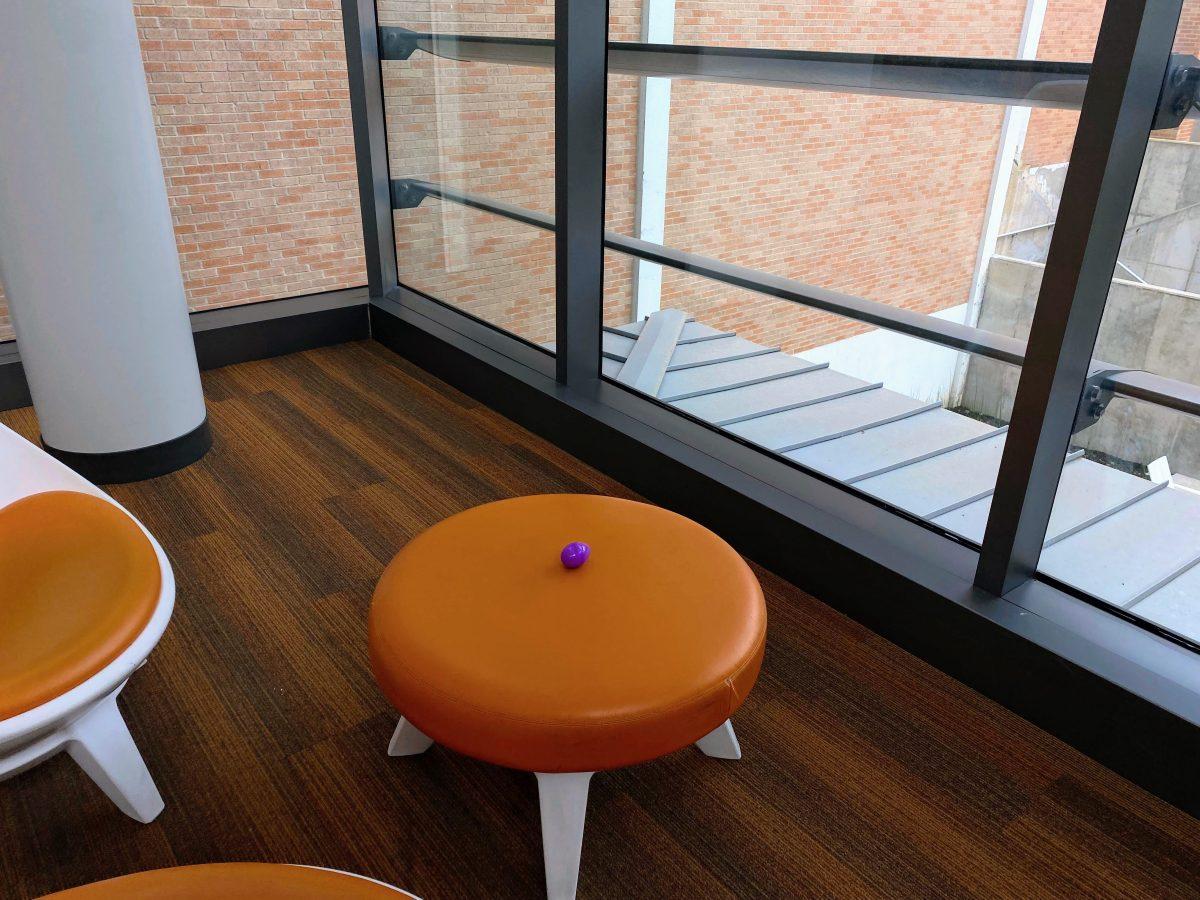Sam Houston State University sororities will soon no longer be able to reside as a unit on campus as a result of the university’s space and budget limitations.
SHSU Residence Life met with Greek Life coordinator Abby Hurt to announce that sorority hill will only provide sorority housing through May 2019.
“I’m really excited, and I think it’s an opportunity,” Hurt said. “The houses are just dilapidated. They’re old. They’ve gotten all of their use out of them.”
According to the Department of Residence Life, the sorority houses on campus will either be repurposed to serve as regular student housing or demolished to make room for the future construction of a large residence hall.
“It’s not a factor of the university not wanting the sororities to be here,” Executive Director for Residence Life and Living-Learning Programs Joellen Tipton said. “It is about what is feasible.”
The sorority houses and other small houses on sorority hill typically house 36 students each. The sorority houses have large common areas, storage closets, one washer and dryer and a formal kitchen space.
“The university has outgrown the system, and we don’t have room for that type of housing anymore,” Tipton said. “Simply, the university can’t afford to build something that’s only for the sororities.”
Most of the sororities that have houses on campus require members to live in the house for a year or two in order to fill all of the available spots. If a sorority does not fill each spot with a member, the members who did not fulfill their housing requirement are typically fined by their sorority, and Residence Life will fill the spot with another student that needs to live on campus.
“It has not been great for the sororities over the past few years anyways-having people live in the house that aren’t members,” Tipton said. “It’s hard on the sororities and on us because we have to fill the space.”
The rooms in the small houses are shared between two people and have a conjoining bathroom with another pair of roommates; the rooms have twin beds and built in wardrobes.
“The way the houses are now is not the best quality of living,” Hurt said. “It’s a little bit bittersweet for sure because they’ve been here for so long and the houses have been a vital part of their sisterhoods for many years.”
According to Tipton, the small houses were renovated in the early 2000s to add electrical outlets. This renovation was not structural.
“Even at that point in time, we spent a lot of money knowing that the houses would have to come down,” Tipton said. “They were built really well, but they were never meant to last this long.”
Tipton said an engineer looked at Rachel Jackson last summer and found that the structure met code, but was settling quickly. She said that the engineer’s theory was that this would spread to its connecting house, Sigma Sigma Sigma.
“Looking at what a renovation would cost, there was no way we would be able to afford to redo all of them,” Tipton said. “Because we are landlocked, we have to lose things to build things”
The most recent new residence hall on-campus, Piney Woods Hall, was more costly to build than the one on sorority hill will likely be. However, the university still plans to have a large residence hall to meet the ever-increasing demand of on-campus housing.
“We want to keep upperclassmen on campus,” Tipton said. “We have a lot more wanting to stay on campus now than we ever had before because of cost, convenience and other reasons.”
Residence Life will not know how to build on the hill or if the hill will have to be removed until it is determined by an architect. Tipton said that the building will probably start where the Title IX office is located and bleed over into the sorority hill parking lot.
“The upperclassmen are good role models,” Tipton said. “We want them in the halls because they are good examples, but we have to have a capacity.”
According to Tipton, Residence Life had to set a capacity of 1,278 upperclassmen to live on campus for next fall, but had 1,528 upperclassmen reserve their spots on campus during renewal. As a result of going over the capacity, all other upperclassmen trying to live on campus will be added to a wait-list.
“Ideally, we would like to have at least 30 percent of our residents be upperclassmen,” Tipton said. “But we have to have room for those freshmen.”
SHSU requires freshmen to live on campus because studies show that freshmen who live on campus have a better retention rate than those who commute. Tipton said that having freshmen live on campus increases their likelihood of success.
“I strongly believe that we would not ever get rid of the freshman requirement unless we completely outgrow our space,” Tipton said. “We’d whittle down upperclassmen before we did away with the freshman requirement, but I doubt that we would have to exclude upperclassmen from living on campus.”
According to Tipton, moving forward with the plans for sorority hill is a way to prepare for future growth and provide more on-campus housing opportunities for students.
Out of the five Panhellenic sororities, Alpha Omicron Pi—the newest sorority at SHSU—is the only Panhellenic sorority that does not have a house on campus. Sororities from other councils also do not have housing on campus.
“It’s not fair for some sororities to have houses and others not,” Tipton said. “There would not be on-campus housing options available as Greek life grows.”
Each sorority will be responsible for finding their own means of housing if they wish to have it, Hurt said, and they do not all have to do the same thing. According to Tipton, there are potential solutions for sororities to stay together being discussed by a local apartment complex.
“For a long time, tearing down sorority hill has been in the master plan,” Tipton said. “We wanted to give sororities as much notice as possible.”












